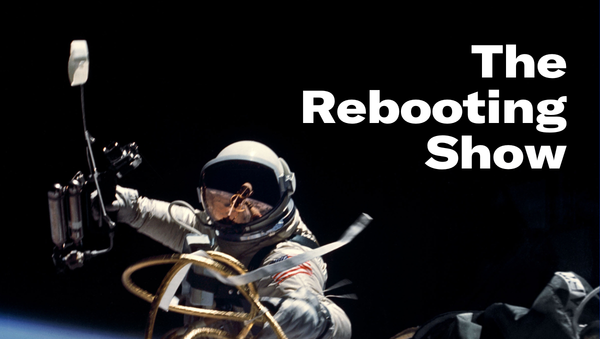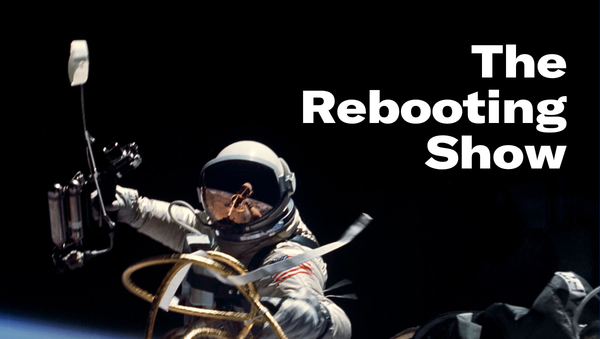Algo anxieties
Plus: A conversation with Filterworld author Kyle Chayka

Join us for The Rebooting’s next online forum on April 10 at 1pmET. We’re discussing how publishers can adapt their strategies in a post-traffic era. Dotdash Meredith chief innovation officer Jon Roberts, who is also a cartographer of mythical worlds, will break down how Dotdash Meredith is back to growth in its core properties. Viafoura CEO Mark Zohar will speak to how publishers can embrace community strategies to mitigate the vicissitudes of algorithms. These are interactive events, with a heavy emphasis on audience participation. The topics we plan to cover include:
- Should publishers prepare for life after SEO?
- What makes for a resilient, modern media distribution strategy?
- What does a successful community strategy look like?
Speaking of the vicissitudes of algorithms, I wrote about how this continues to be at the forefront of concerns publishers have, and on People vs Algorithms, we discussed the cultural impact of algorithmic control with The New Yorker writer and Filterworld author Kyle Chayka.
Algorithmic anxieties
You can chart the decline in influence of mass media with the rise in power of algorithmic recommendation and content feeds. It’s hard for me to be in a room with publishers without the conversation turning to how their businesses continue to be upended by their reliance on algorithmic-driven distribution.
At a dinner The Rebooting held earlier this week, one publisher made a passionate, at times profane, case for focus. Not more than 10 minutes later, this person was making an equally passionate case for why publishers worried about traffic to their old-fashioned webpages needed to be on TikTok. There’s a schizophrenia that sets in when easy answers run into realities. And the current reality, as it has been for 10 years, is publishers are at the mercy of algorithmic gods.
Last week, The Rebooting held a dinner in partnership with Impact to discuss the opportunities around commerce and affiliate, which has proven to be a growth area for many publishers. What I noticed is the familiar tension of publishers who built commerce as a core part of their businesses and those that dabble. The chase for incremental revenue means publishers end up half-assing a lot of efforts and then wonder why they didn’t pan out. Many publishers are making tons of money off commerce by developing the kinds of real performance marketing capabilities that are required. For others it’s a rounding error. One publisher with a high-profile product recommendations play even mused if it was worth it.




